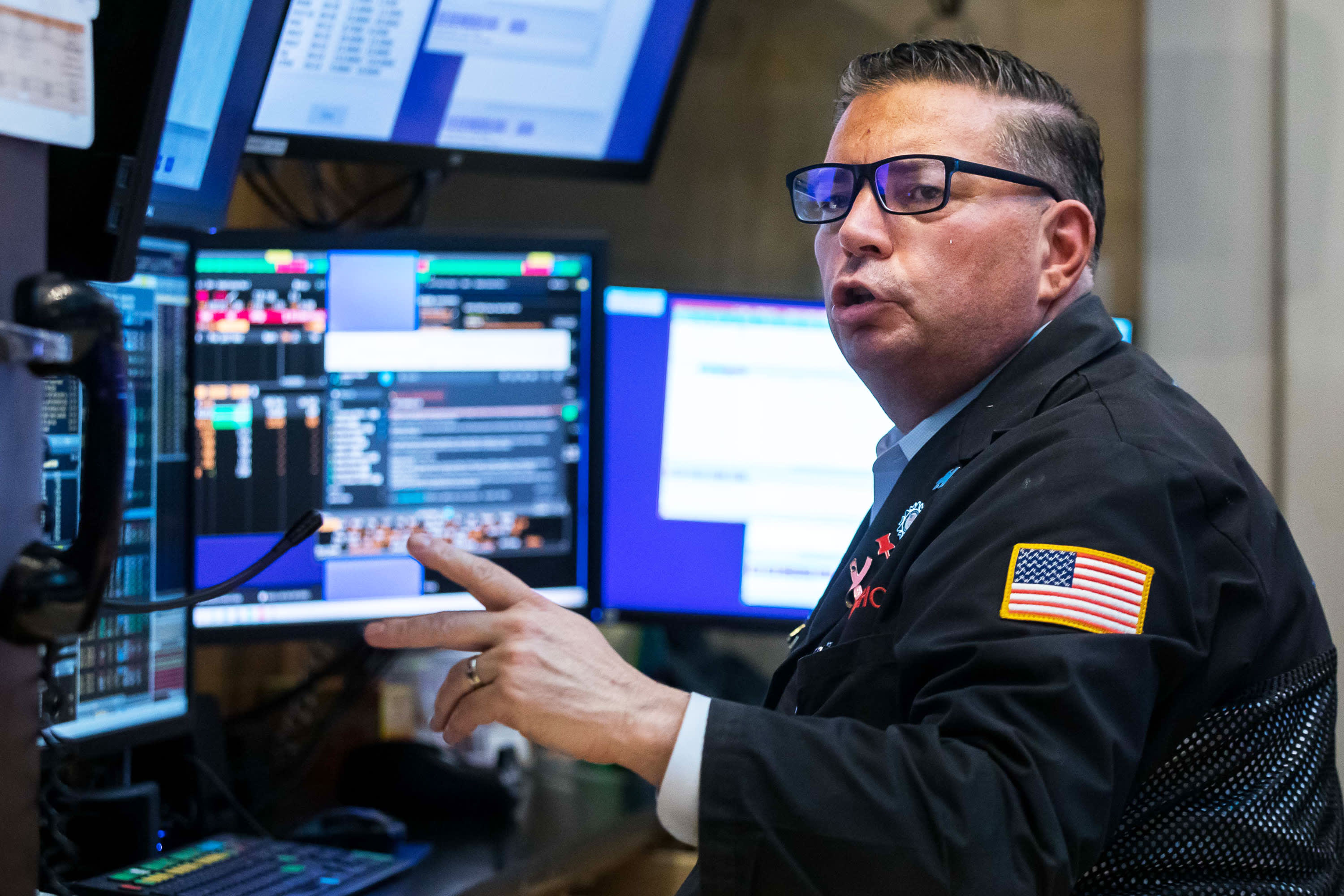The NYSE and Nasdaq have announced today that they are halting trading in several Russia-based stocks that list on their respective exchanges.
Much more interesting is the fact that the Russian stock market in Moscow is closed, but U.S.-based Russian exchange-traded funds are trading in the U.S. this morning.
There are five Russian ETFs that trade in the U.S., however only two have any substantial assets: VanEck Russia ETF (RSX) and iShares MSCI Russia ETF (ERUS), both of which track a market-cap-weighted index of Russian-listed securities.
The RSX is down nearly 30%, and the ERUS slid more than 18% this morning.
How can Russian ETFs trade when the underlying securities are not trading? Market participants make estimates of the value of the underlying securities.
“You look at the futures, and if the futures are down X, the stocks might be expected to be down Y,” Harry Whitton, head of ETF sales trading at Old Mission Capital, told me.
This may seem like an odd way to trade, but Whitton points out that this happened several times before. Greece was closed for six weeks several years ago, but Greek ETFs in the U.S. continued to trade. When the Greek market finally reopened, the Greek stocks priced at almost exactly what the ETFs were trading them for.
What this means is that ETFs can be on the market, even with the underlying market closed.
“The ETFs became the proxy for the Greek market,” Todd Rosenbluth, head of ETF and mutual fund research for CFRA Research, told me.
Creation and redemptions may be an issue
One potential issue is the ability to create and redeem ETFs. This is a critical feature of ETFs. Market participants create and redeem new shares in ETFs depending on demand.
“Since some firms have stopped trading the underlying securities, it limits the ability to create and redeem shares of ETFs,” Rosenbluth told me. “If you can’t create new shares, you are essentially a closed-end fund. The fund will trade at a premium or discount [to the net asset value].”
“There are an array of sanctions affecting RSX but we have not halted creates or redeems,” Jan Van Eck, CEO of VanEck, said in an email. The firm offers the VanEck Russia ETF (RSX).
Because the net asset value, or NAV, is frozen, the Russian ETFs today are trading at a substantial discount to the NAV.
Bottom line: ETFs are trying hard to estimate what the value of Russian securities are with their underlying market closed.
But the longer the Russian market stays closed, the more stale that NAV becomes.
Note: Jan Van Eck, the CEO of VanEck who manages the VanEck Russia ETF (RSX), will be on CNBC’s Halftime Report today at 12:35 PM ET and on ETF Edge at 1 PM: ETFedge.cnbc.com.
